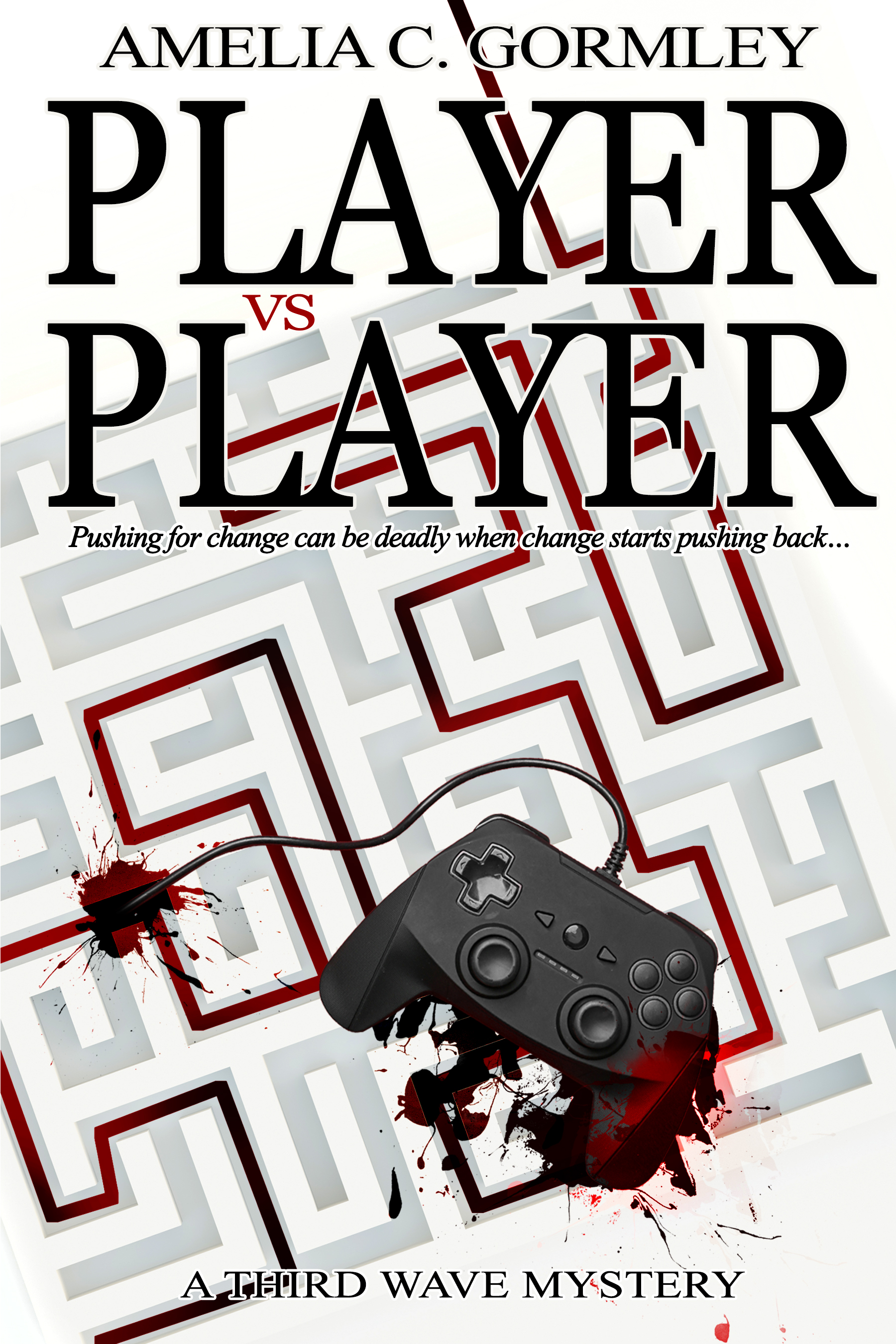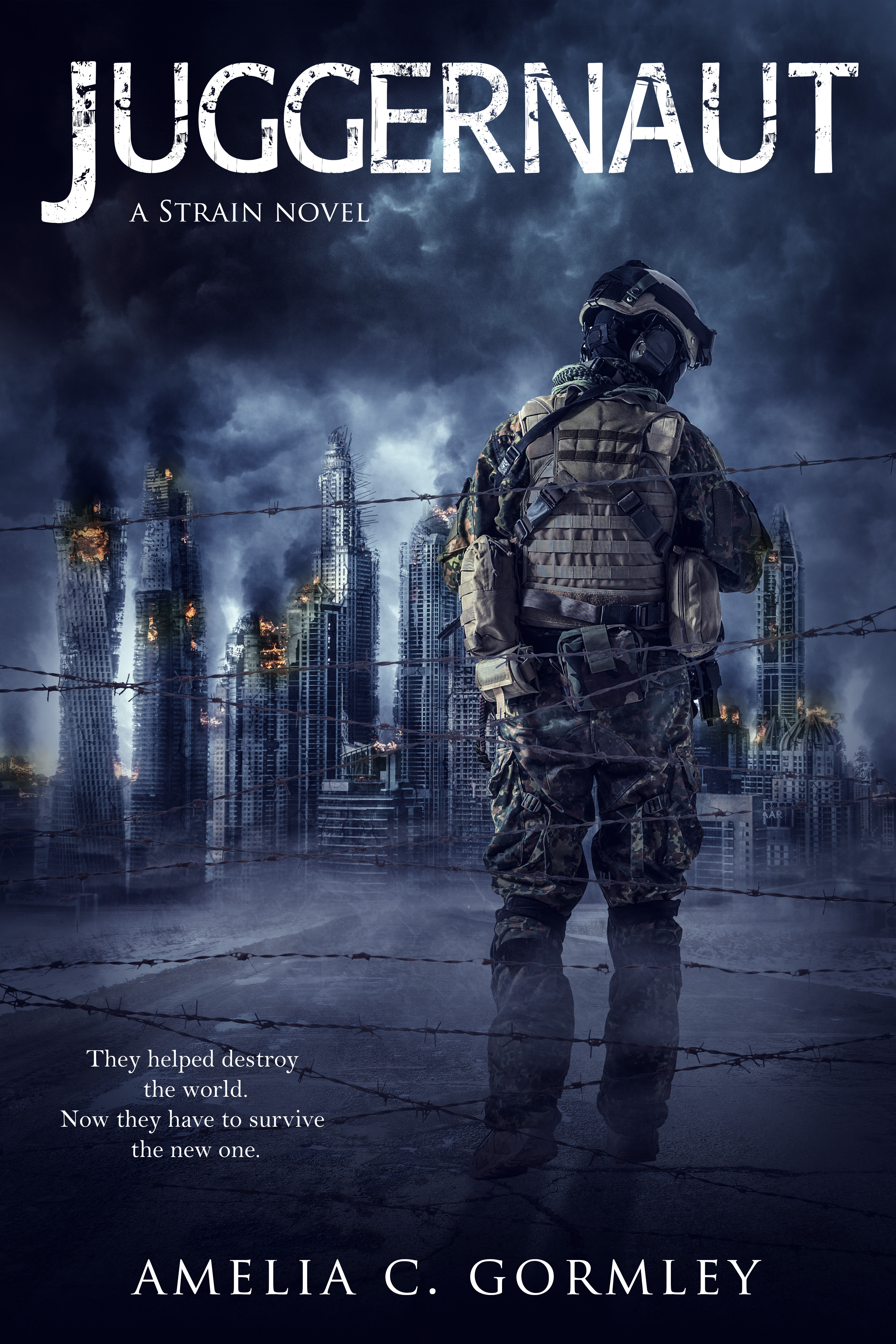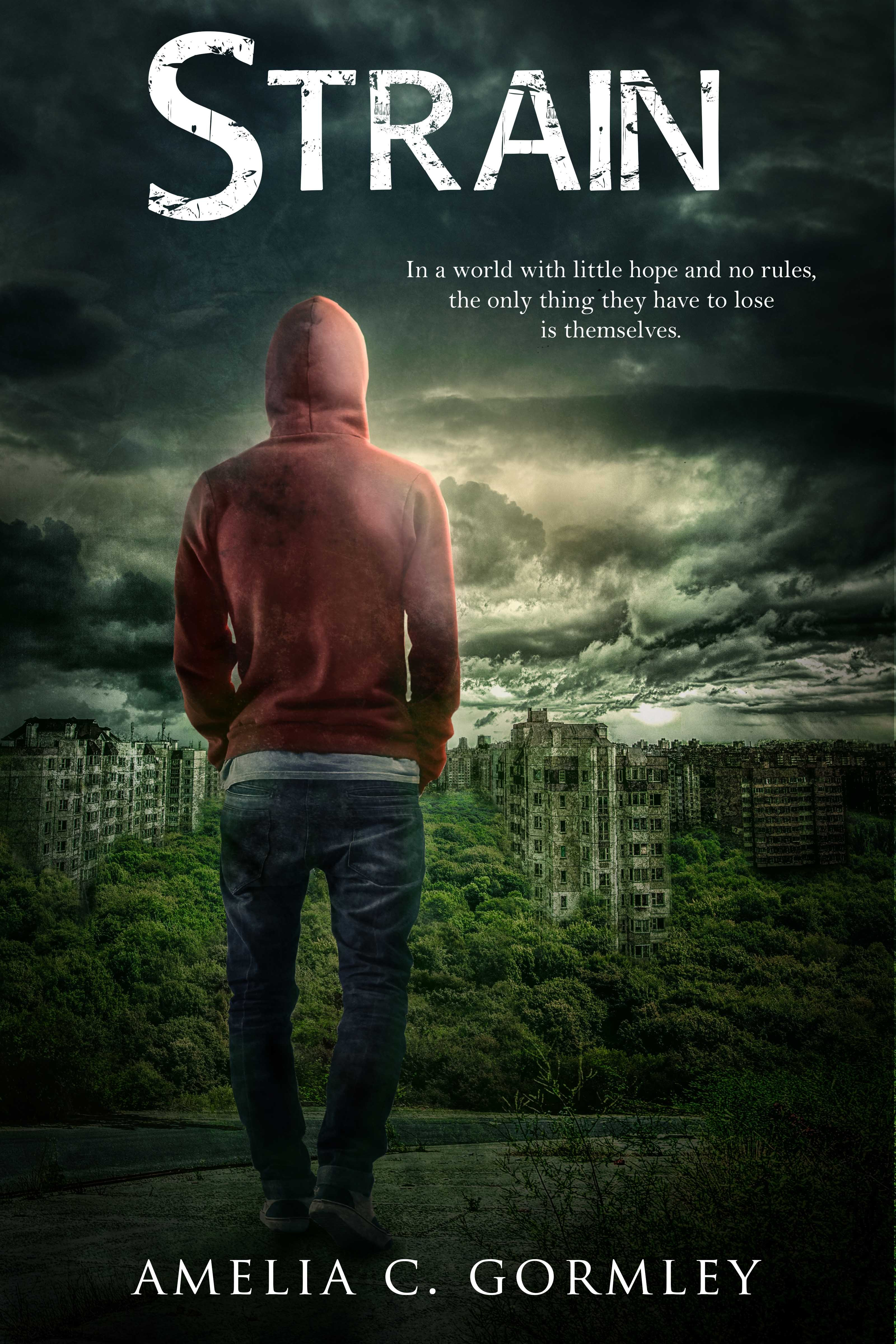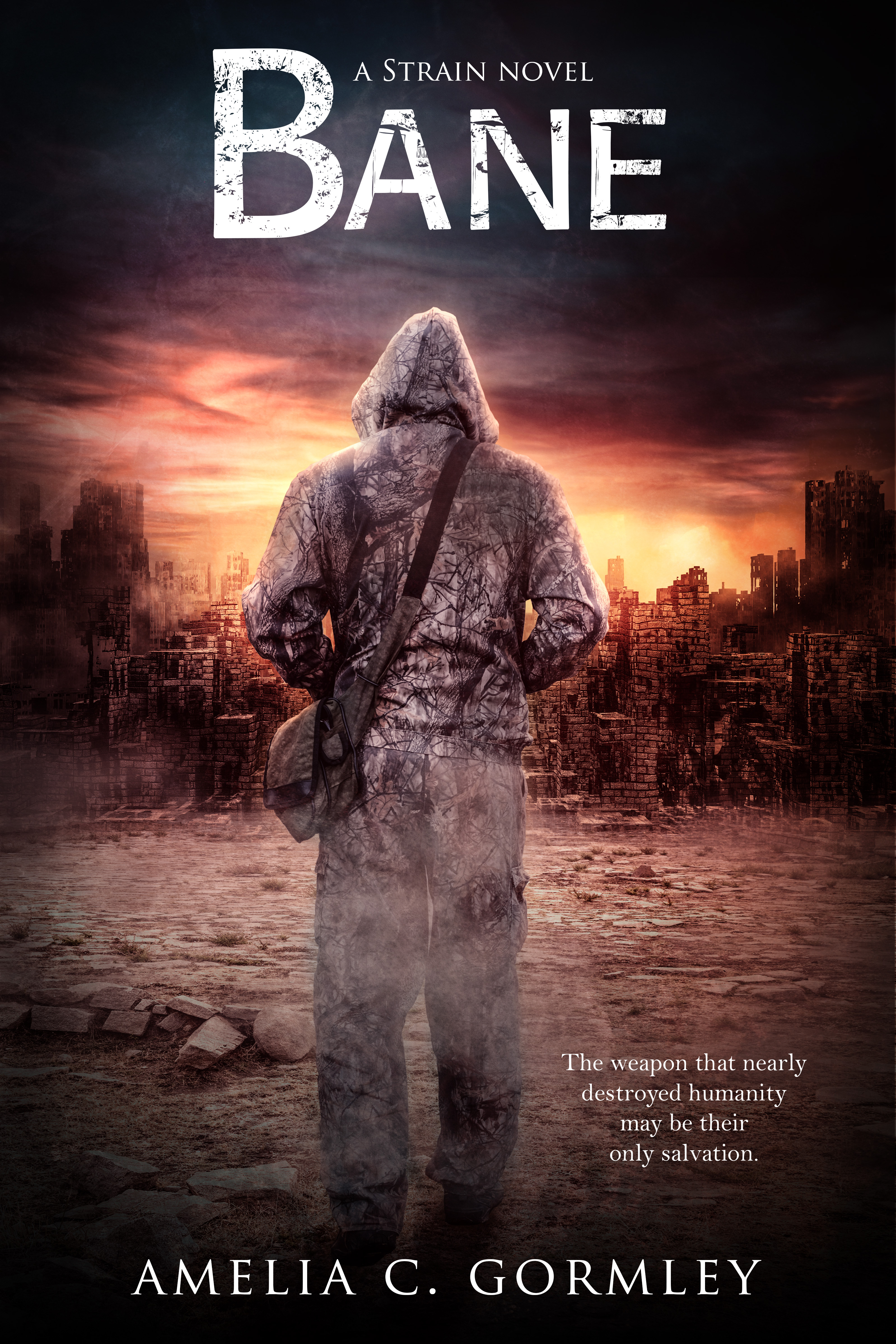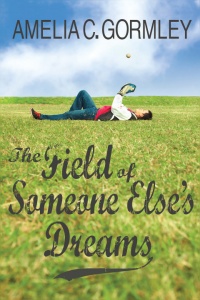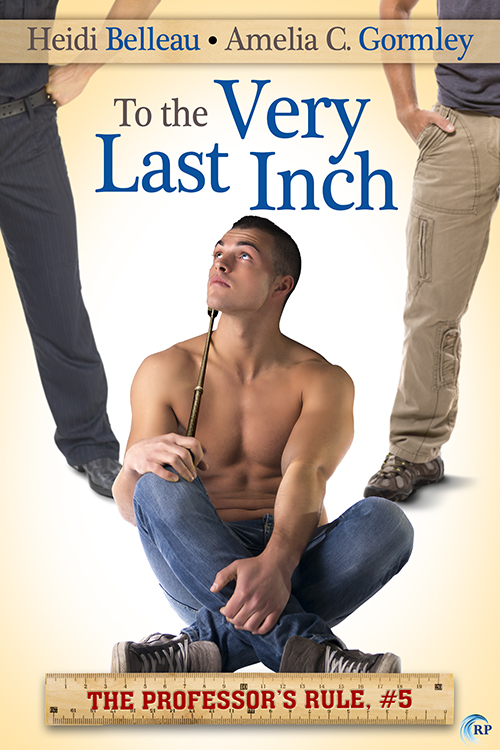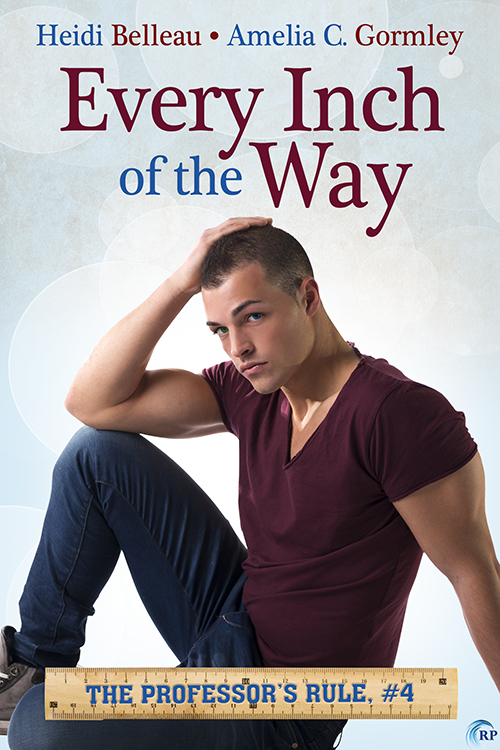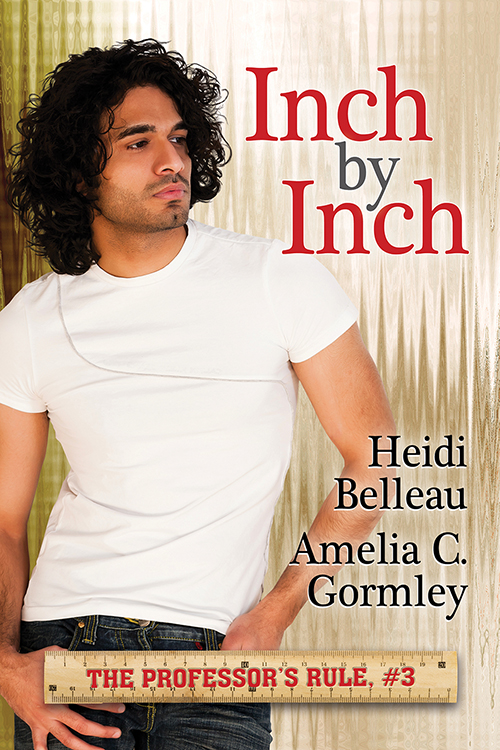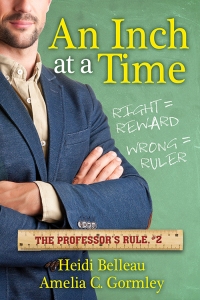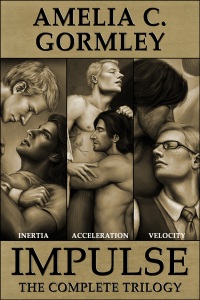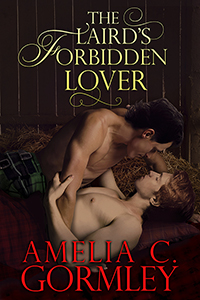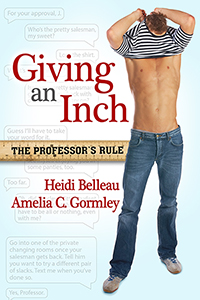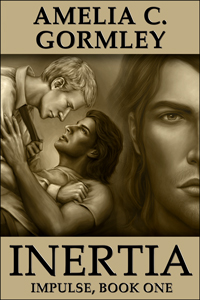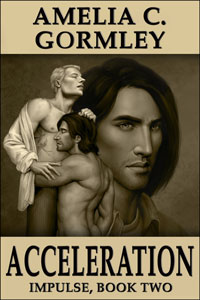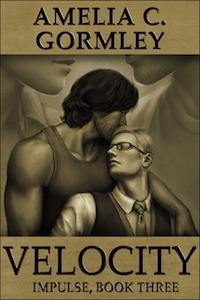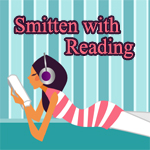As I’ve said in the past, though I often refer to Impulse as a trilogy for the sake of simplicity, it’s actually more accurate to call it a novel in three parts, much like The Lord of the Rings. Which is why on the cover of each novel, it very clearly says “Impulse, Book One” or Book Two or whatever.
I remember back in…2001 the The Fellowship of the Ring movie came out, the very first day it opened, on a message board I hung out on frequently at the time, someone went rant about it. This person was offended that she didn’t get the entire LOTR story in a single film. Even though it had been all over the media for a good four years or so that there would be three films, even though the original LOTR novel was divided into three parts. Even though she must have had some passing familiarity with LOTR prior to that since she was, by her own adamant admission “a HUGE Arwen/Aragorn shipper.”
She complained that she’d been ripped off, how this was just a cheap ploy by a Hollywood studio to bilk the consumer out of more money, how she wanted the ending RIGHT NOW, etc, etc, etc.
What she didn’t take into account was all the reasoning behind the decision to make the story into three films.
Why did Peter Jackson and New Line Cinema choose to make three movies? Well, for a number of reasons, most of which boiled down to the fact that there was no way to tell the whole tale and do it justice in accordance with Tolkien’s vision and the expectations of the devout fans in the length of a single film. Of course, they could have done it, had the film been ten hours long, but I think most reasonable people agree that 3-3.5 hours is pretty much the ceiling for the length of a film before the audience just becomes fatigued. A decision was made that it was better for the story, and better for the audience, to divide the story into parts and release them in sequence.
Now, I haven’t the ego to claim to be in league with the storytelling genius of Tolkien or the movie-making genius of Peter Jackson. Nonetheless, some of the same reasoning went into my decision to make Impulse into three parts.
First question: Why did I decide to split the story into three parts?
The first reason is narrative flow. I intended from the very start to deal with the stages of a new relationship in three very distinct chunks, in keeping with the three-act structure of any story: beginning, middle, end.
The first chunk is the “coming together” phase: flirting, ascertaining the other party’s interest, overcoming doubts to find the courage to reach other, and initiating sex.
The second chunk would be the “honeymoon” phase of the first 2-3 months of a new relationship, when the sexual chemistry is off the scale and the world pretty much just revolves around your need to bond and cement this new partnership.
The third chunk would be the settling in phase, where the immediacy of lust and the need for the other person cools down enough to enable the partners to stop living in the now and start looking both toward the future and toward the outside, at the issues facing them beyond the perimeter of the bubble they’ve been living in.
The second answer is optimal book length. When I discovered how many words were involved in such a story (I anticipated about 50,000 works for each act and came in pretty close at 46K, 48K and 58K respectively) I had to figure out if that was a feasible ebook length, or if it was too unwieldy.
In my research, I discovered a lot of people opining that the optimal ebook length was 50-80K. Now, this meant I could have made two books out of it and still fallen within that window, but it would have broken up the narrative flow in the wrong places. How would LOTR have worked out if it had been two books, one of which ended in the middle of what is the arc of The Two Towers? How would the original Star Wars trilogy have worked out if it had been two movies, the first of which wrapped up midway through the action of The Empire Strikes Back? There is a pattern to these things, which is why the three-act story arc is an absolute necessity. Beginning, middle, end. A duology doesn’t work nearly as well because it defies that mandatory storytelling structure. So, I had three very clear-cut ~50K novels.
Second question: Admit it, you broke it into three parts to scam the readers of more money, right?
No. From a business perspective, breaking the novel into three parts was a very good choice for me because otherwise I could not have afforded a professional editor. My editor charges $100-125 per 10,000 words depending on if she’s doing developmental editing or line editing with developmental features. This means it would have cost me $1500-$1850 to have the entire work edited as a single edition. If that had been the case, these books would never have happened, because I just could not have afforded to go that deep in the hole. By breaking the story into three chunks, I could get them edited in ~$500-600 increments.
I went into the hole for the first one, and all my sales from that first book I collected to pay for the production of the second book (and even then I still had to supplement with my birthday money to get the job done.) The third book is the first time this has become an entirely self-sustaining enterprise, and I haven’t even gotten out of the hole yet.
Between editing, cover art, formatting and design, I have spent $2200 to produce this three-part novel and I’ve only made about $1600 of that back so far. In fact, I still owe my family’s household budget $500 for the editing of the first book.
If money came into play in the decision to make this story three parts, it was not to bilk readers out of more money, it was to keep production expenses in reasonable chunks so that I could afford to produce at all.
Another reason to break it into three parts is pricing and salability. For those of you who aren’t familiar with Dean Wesley Smith, he’s pretty much the guru where indie publishing is concerned. Let’s take a look what he recommends for ebook pricing:
— Novels
Front list, meaning brand new. Over 50,000 words. $7.99
Shorter front list novels, meaning 30,000 to 50,000 words. $6.99
Backlist novels, meaning already published by a traditional publisher. $6.99
According to this guru in the industry, Inertia and Acceleration are underpriced by a dollar each, and Velocity is underpriced by two dollars.
Had I published the entire novel in a single unit, I would have had to charge $7.99. As an author no one has ever heard of before. With no opportunity to get a “backlist bump” with each subsequent release because there would be no backlist.
To get more genre-specific, Riptide Publishing uses the following pricing structure:
Under 5,000 words: $.99
5,000 to 9,999 words: $1.99
10,000 to 17,999 words: $2.99
18,000 to 29,999 words: $3.99
30,000 to 39,999 words: $4.99
40,000 to 49,999 words: $5.99
50,000 to 69,999 words: $6.99
70,000 to 89,999 words: $7.99
90,000+ words: $8.99
How many books do you think I would have sold had I priced the volume at $7.99-8.99? As a completely brand new, unheard-of author? Enough to ever make my investment back? No, of course not. No one would pay that amount for a book by someone they’ve never heard of before.
So again, we come back to the point that this novel-in-three-parts would never have existed if I had tried to publish it as a single volume. It would have been too expensive to produce, and I would never have earned back my investment to produce it.
Now, in case anyone thinks my books are overpriced, allow me to point out that my pricing is right in line or a little below what Riptide uses, as shown above. Need more?
- Dreamspinner Press prices most of their novels around the length of mine at $6.99.
- Samhain charges $5.50-$6.50 for novel-length new releases.
- Stormmoon Press charges $6.99 for a 75K word novel and $9.99 for a 107K novel.
- MLR charges $8.99 for a 123K novel, $7.99 for 77K, and $5.99 for 39K
- Torquere charges $6.99 for novels around the length of Inertia.
The price I have set for my novels is at or below industry standard for the m/m romance genre.
Third question: but you are still making bank, right?
You couldn’t be more wrong. I am, quite literally, working for free.
What I’ve listed above, the $2200 to produce these three novels and the $1600 I’ve recouped so far? That’s just with concern to paying for the external services to produce the novel, editing, cover art, layout, etc. It doesn’t even take into consideration paying a wage to myself. Let’s refer back to Dean Wesley Smith on the labor cost involved in writing a novel.
I find Smith’s estimate there of “paying” yourself $50/hour to be a little on the high end. After all, $50/hour for a 40-hour a week job would be over $100,000/year. Let’s say I wanted to make a more reasonable “supplement my family and keep us afloat” wage of $30,000/year, which is what I was making when I got laid off from my last job. I would need to pay myself ~$14.50/hour.
So. According to Smith math, 1000 words = 1 hour. Therefore 150K words (not including time spent editing, revising, marketing, etc; I actually work 14-16 hours a day right now) would be 150 hours. At $14.50/hour, I would need to pay myself $2175. That doubles the production cost of this 150K word novel to almost $4400.
Again, I’ve made $1600 so far. Eight months since I first published. $1600. Out of a $2200 monetary investment and a $2200 time investment. Not only am I still in the hole for the services I paid for to produce these books, I’m working for free. I have not made a single dime for myself.
That’s important to understand. What you have paid for my books goes to pay the booksellers (Amazon, ARe, etc) and my editor and my cover artist and my layout/design/formatting guy. Not a single cent of it has yet gone to pay me for the time I’ve spent writing the book. Not a single cent.
I’m working for free. And I will be for quite some time yet. I’d earn more flipping burgers for minimum wage at McDonalds.
I wrote those 150,000 words out of love for storytelling, not to get rich. I wrote them out of love for this particular story and these particular characters. I wrote them because I had a beautiful story I felt I needed to share with the world. I separated them into three parts so that I could feasibly bring them to the public, because otherwise it would not have been feasible for me to have done so.
That’s it. I write because I love to write, not because it makes me rich. Hell, it doesn’t even put food on my table.
Never at any point in time was my decision to divide the novel into three parts an effort to scam anyone out of more money. It was to make the novel salable and get it into the hands of the public and begin building up name recognition for myself while still making at least a token effort at recouping my monetary investment, if not my time investment.
Now, did I handle the denouement of Book One badly? Yes. I freely admit that. I was utterly at a loss as to how to end that because at the point where it ended, that WAS the close of the first act, the same way Frodo and Sam striking out on their own toward Mordor was the end of The Fellowship of the Ring. There WAS NO MORE STORY LEFT TO TELL in the first act. There simply wasn’t.
Was it clumsy? Yes, but it was the end of the first act.
The second act would begin the very next time the two characters saw each other, which would then be the beginning of the “Honeymoon” phase (launching, not without a hefty amount of symbolism, with their first act of intercourse.)
It wasn’t an optimal way to end Book One and I’ve taken my lumps for it left, right, and center. Perhaps if I’d been able to afford another round of developmental edits, my editor and I could have brainstormed a better denouement, but it was what it was.
It was never an attempt to write a cliffhanger. It was not sequel bait. And it certainly wasn’t an effort to con anyone out of more money. It was the organic ending of the first act of a three-part story. Full stop.
So. Perhaps now people will understand a little better why the novel is structured in three parts the way it is.

